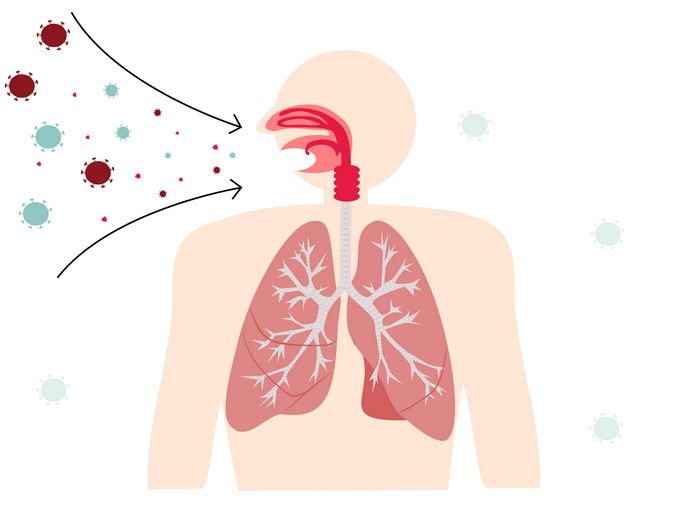Strong lungs start with good oral health
Can the bacteria inside your mouth and inside your home affect respiratory health? According to the EU-funded BRuSH(opens in new window) project, the answer is unequivocally ‘yes’. “Our research provides compelling evidence that oral bacteria are not isolated to the mouth but can in fact influence lung health and trigger respiratory diseases such as allergies and asthma,” explains Randi Bertelsen, a researcher at the University of Bergen(opens in new window), the project’s coordinating partner. To make this connection, the project, which received support from the European Research Council(opens in new window), collected dental pocket samples from participants from population-based multicentre studies. “By characterising the types of bacteria and their function and relating this to respiratory health, we identified the types and combinations of bacteria that could cause poor lung health,” adds Bertelsen. Researchers further explored how bacteria influences inflammation and lung health by testing different compositions of bacteria in an asthma mice model. They also performed an oral health intervention study to see how lung function could be improved.
Oral health is lung health
This research led to several important conclusions. For instance, it showed that adults with allergic conditions such as rhinitis and atopy have less diverse oral microbiota, suggesting that oral bacteria may play a role in allergic sensitisation or inflammation. Researchers also confirmed that while the more inflammatory hexa-acylated LPS bacterium is rare in healthy individuals, its less inflammatory penta-acylated LPS cousin is common. “By connecting oral bacteria to inflammation and lung health, these results highlight why we need to consider periodontal health when treating patients and not separate the mouth from the rest of the body,” says Bertelsen.
Good oral health prevents a number of chronic conditions
Based on its oral health intervention study, the project found that treating patients with mild to moderate periodontitis improved lung function, even in those without any respiratory condition. “In addition to preventing chronic lung diseases like asthma and chronic obstructive pulmonary disease, good oral health also prevents other chronic conditions where inflammation is a common determinant, such as diabetes and cardiovascular conditions,” notes Bertelsen
An inside look at respiratory health
Beyond the mouth, the project also looked at how climatic conditions and living habits can impact lung health in the European Community Respiratory Health Survey(opens in new window) (ECRHS). For example, comparing the composition of bacteria found in homes in different Nordic cities, researchers found that cities such as Tartu and Aarhus had much greater bacterial diversity than rainy Bergen. What’s more, this greater diversity was linked to less inflammation in the lungs. “Because we spend most of our time indoors, understanding the bacteria we may be exposed to while inside is very important for our health,” remarks Bertelsen. “It can also help us understand how climate change can affect the indoor environment and might inform climate control and ventilation systems in buildings.”
Raising awareness about the importance of oral health
The BRuSH project succeeded at connecting oral health with lung health – a connection that it has highlighted via articles in scientific journals and presentations at such events as Science is Wonderful!(opens in new window) in Brussels. “Perhaps our most important achievement is raising awareness about the importance of good oral health as a means of preventing future respiratory disease,” concludes Bertelsen.







